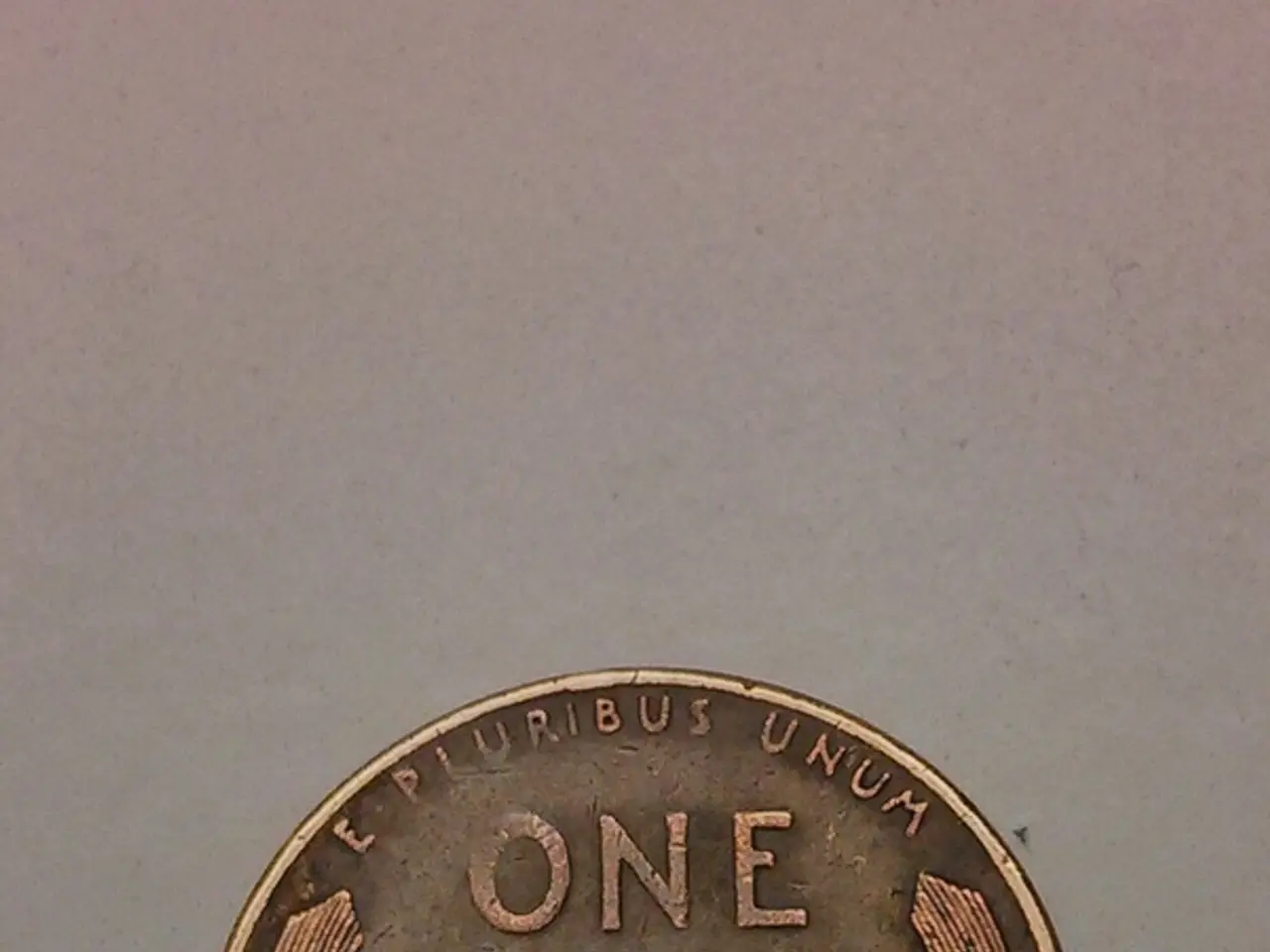"Mars' valuable component demanded for return by Niger"
In the heart of the Sahara Desert region of Niger, a remarkable discovery was made in November 2023. An anonymous meteorite hunter unearthed a piece of Martian history, later identified as the meteorite NWA 16788. This meteorite, now valued at over four million euros, has since become the centre of a heated controversy.
The meteorite, weighing nearly 25 kilograms and measuring around 38 centimeters by 30 centimeters, was the largest known piece of Mars on Earth. It was sold at Sotheby's auction house in New York in July 2025, with the identity of the buyer remaining anonymous. However, the circumstances surrounding the meteorite's export from Niger have raised questions and concerns.
Niger's government has launched an investigation into the legality of the meteorite’s export, suspecting it was smuggled out of the country illegally. The absence of clear meteorite export laws in Niger, coupled with the potential implications of international heritage laws, have classified this case as potential "illicit international trafficking." As a result, Niger has suspended exports of precious stones and meteorites since August 2025 pending further review.
Sotheby's and involved parties deny any wrongdoing, insisting that the meteorite was "exported and transported in accordance with all applicable international procedures." However, the specifics of this process have not been publicly detailed.
The meteorite's journey to Earth began with a cataclysmic event on Mars. A massive asteroid impact blasted the meteorite off Mars, sending it hurtling through space before it eventually crashed into the Sahara in November 2023. Comparative samples confirmed the meteorite's Martian origin.
This controversy highlights the complex legal and ethical challenges around rare meteorite finds in countries with unclear export regulations. Professor Sereno, the founder of the organization NigerHeritage, which campaigns for the return of Niger's cultural and natural heritage, believes that Nigerien law has been violated in the meteorite's sale. According to Professor Sereno, international law prohibits taking something away from a country that's important to its cultural heritage.
An article published by Italian researchers suggests that the meteorite was sold by a local village community to an international dealer. The origins of how the meteorite ended up in the US are a point of contention.
In response to the controversy, a museum is planned on an island in the Niger River to exhibit Niger's cultural and natural artifacts. The museum aims to preserve and showcase the country's rich heritage, providing a platform for education and cultural exchange.
As the investigation continues, the fate of the Mars meteorite NWA 16788 remains uncertain. The meteorite, a piece of Martian history, has sparked a debate about the importance of cultural heritage and the need for clear export regulations in countries like Niger.
- The questionable export of the valued Mars meteorite NWA 16788 has led to an investigation by Niger's government, suspecting it was smuggled out illegally, classifying it as potential "illicit international trafficking."
- The meteorite's sale, now thought to have been made to an international dealer by a local village community, has raised concerns about the ethical implications of such transactions, particularly in countries with unclear export regulations.
- To address these concerns, a museum is planned on an island in the Niger River to exhibit Niger's cultural and natural artifacts, aiming to preserve its rich heritage and promote education and cultural exchange.
- The controversy surrounding the meteorite has sparked a debate about the importance of maintaining cultural heritage and the need for clear export regulations in countries like Niger.
- The absence of clear meteorite export laws in Niger, coupled with potential implications of international heritage laws, has significant implications for both employment policy and community policy within the country's scientific, business, technology, environmental-science, education-and-self-development, and general-news sectors.




